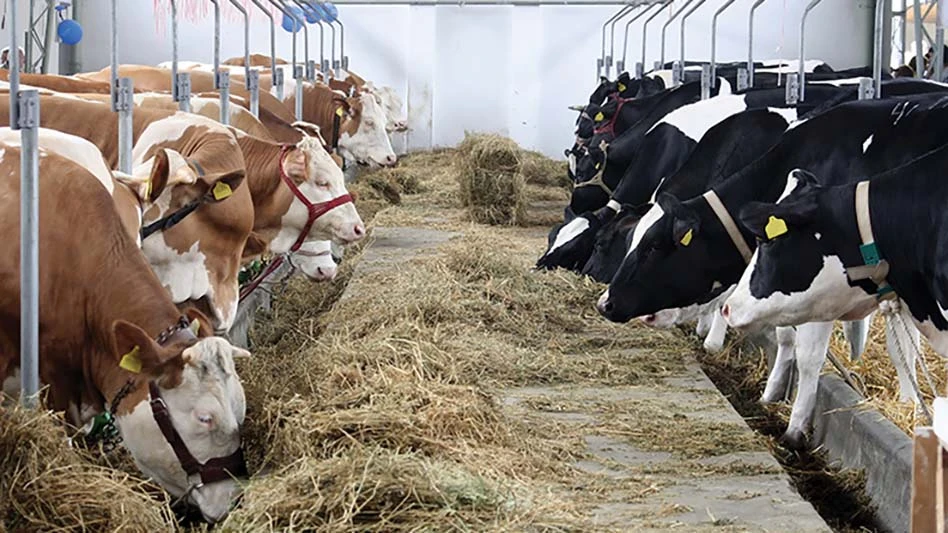
Jazavac | Dreamstime.com
The American Biogas Council (ABC), a national trade association and voice for the biogas industry based in Austintown, Ohio, has engaged Des Moines, Iowa-based EcoEngineers, a renewable energy and carbon consulting, auditing and advisory firm, to plan, develop and publish a new carbon accounting methodology to measure the carbon intensity of all biogas projects by the end of 2023.
Biogas systems recycle organic material into renewable energy and soil products.
“Outside of the transportation sector in California, no accepted standard exists to measure the total carbon impact of biogas projects,” ABC Executive Director Patrick Serfass says. “Methane and carbon dioxide are already being emitted from the organic waste our society produces. … To help meet climate goals, guide policy and make better decisions on how to use our resources, better math is needed. That’s why we’ve hired EcoEngineers to lead this project for us.”
RELATED: Platts launches daily price assessments of North American RNG | American Biogas Council calls for more biogas systems
Using existing frameworks, such as the California Low Carbon Fuel Standard (LCFS) pathway for RNG and the Greenhouse Gas (GHG) Protocol, this new methodology will develop a science-based carbon accounting framework that can be used to measure the carbon intensity of biogas projects more accurately, looking at the whole lifecycle from feedstock to end use of all project products, the ABC says.
As part of the methodology development process, EcoEngineers will seek input into key assumptions related to life cycle assessment (LCA) boundaries, baselines and emissions factors. EcoEngineers recently led a workshop in Chicago at Biogas Americas—a large biogas industry conference—where it presented the preliminary methodology and sought input from attendees.
“The demand for proper accounting in carbon reduction and removals has never been stronger,” EcoEngineers CEO Shashi Menon says. “Corporate business entities across the spectrum are looking for ways to incorporate transparent, verified disclosures of carbon reduction and removal into product strategies, supply chains and operations across their whole value chain. The American Biogas Council is helping the U.S. industry, governments and corporate America prepare for this and provide a clear environmental [labeling] for biogas products.”
A lifecycle methodology will create a more rigorous standard and crediting mechanism for all kinds of carbon markets, the ABC says. It will allow communication between biogas project developers and buyers of biogas, renewable natural gas (RNG), digestate and electricity. More specifically, it will allow disclosures of carbon intensity scores to biogas buyers. A universal carbon accounting methodology for all biogas project types will prevent two customers, who purchase gas from the same project, from reporting it differently.
“And beyond biogas, this new methodology will act as a framework for developing similar methodologies in other industries,” Menon says. “It could be game-changing.”
Latest from Waste Today
- Keystone Sanitary Landfill granted temporary operating permit extension
- PTR appoints new VP of independent hauler sales
- Leadpoint VP of recycling retires
- Waste Connections wins dismissal of odor nuisance class action suit
- Aemetis increases monthly RNG production by 55 percent in March
- US oil, biofuel group suggests increase in biomass diesel blending mandates
- McClung-Logan Equipment Co. joins Tana’s authorized dealer network
- SWACO rolls out new commercial recycling and food waste programming






